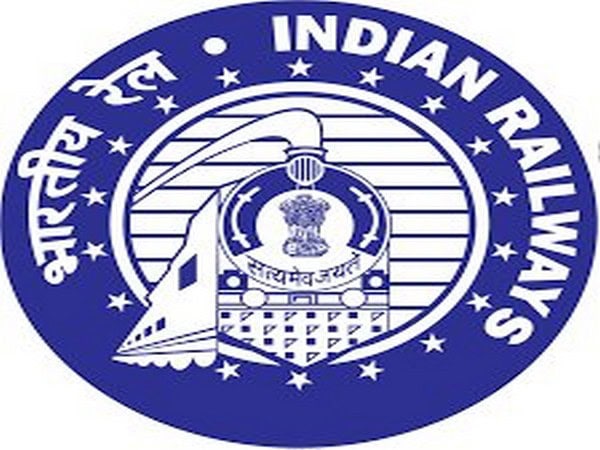New Delhi: In a bid to reduce expenditure on procurement, the Ministry of Railways has issued a new set of guidelines for electronic auction/reverse auction for works, services and earnings tenders.
As per Railway Board guidelines, purchase through reverse auction (RA) shall be the preferred method for procurement of stores tenders valued at more than Rs.10 crores, and for works and services for tenders valued higher than Rs. 50 crores in each case. However, it notified that the process would be followed only when at least three approved vendors or three proven/likely competitive sources would be present and financial bids are undertaken in single currency/parameter.
The new guidelines state that each tender should clearly specify essential technical and commercial parameters in a transparent manner. The Board said the convener of the tender committee constituted for the purpose will ascertain the initial electronic RA period (e-RA), auto-extension period and minimum decrement in percentage value of the last successful bid.
After submission of the initial bid, the ministry said tenderers would not be allowed to revise taxes and other levies. It further noted that during the auction period, identities of the participating tenderers would not be disclosed
On the other hand, bidders will be required to electronically submit a technical and commercial bid and initial price offer (IPO). Once the last offer is made, bidders will not be permitted to withdraw the same.
Once the bids are submitted, the Tender Committee will undertake technical and commercial evaluation of the same, as per guidelines, delegation and estimated value of tender. IPO of those bidders categorised as ‘Qualified for Award of Contract’, the Mministry said, would be assesses separately.
The selection process for the financial bid has been divided into sub-categories, based on the number of tenderers that qualify for award of contract or bulk order. In case less than three tenderers qualify, no tenderers would be selected for reverse auction. If three to six tenderers qualify, three would be selected, and if more than six qualify, half of the number that applied would qualify.
However, the board notified that the bids that are disqualified from the reverse auction procedure would be the highest bidder(s) in the tabulation of IPO. Moreover, it stated that micro and small enterprises (MSEs) barred from the reverse auction procedure but within the range of 15 percent of lowest Initial Price Bid (IPB) would be permitted to participate in the process.
Another exception to the rule has been made in lieu of bidders eligible for benefits under the Public Procurement (Preference to Make in India) Order – 2017, found qualified for bulk order/contract and are within the specified range of price preference of lowest IPB.
In June last year, the Ministry of Commerce and Industry had stated that purchase preference would be given to local suppliers in all procurements undertaken by procuring entities, in a bid to encourage and promote domestic manufacturing and production of goods and services under the Centre’s flagship ‘Make in India’ initiative.
A Standing Committee was also constituted to oversee the implementation of the aforementioned order, suggest changes to Nodal ministries and procuring entities, and examine any other issues arising subject to the Order.
In this regard, the Railway Board notified that bidders fulfilling the above criteria would be permitted to participate in the RA, irrespective of their inter-se ranking on the basis of the IPB, Furthermore, such bidders, the Board said, would be over and above the number of vendors selected for RA, as mentioned above.
In case of store tenders, the Board stated that the quantity to be covered on developmental orders shall be limited to 20 percent of the net procurable quantity.
After obtaining final bids of the RA, tenders would be finalised as per the existing policy, taking into account price preference to MSEs and Make in India Order, 2017, wherever applicable. Thereafter, the final price offers shall be determined based on the IPO of the bid qualified for contract in case of works and tenders, and those which qualify for bulk order in case of store tenders.
Meanwhile, the Railway Board ruled that for earning contracts, all tenders would be done only using the electronic mode, thereby enabling the manual mode to be discontinued. Furthermore, it noted that for all earning tenders, e-auction method would be followed.
However, the Board stated that the e-auction method would apply only after successful proving out of appropriate module for earning contracts by the Centre for Railway Information Systems (CRIS).
“Any earning tender to be done manually after rollout of earning tender module by the CRIS shall require personal approval of the Principal Head of Department of Indian railways,” it added.
The Board further ruled that e-tendering is to be followed for all types of tenders on Indian Railways and public sector units (PSUs) in the department. (ANI)

